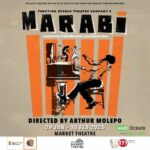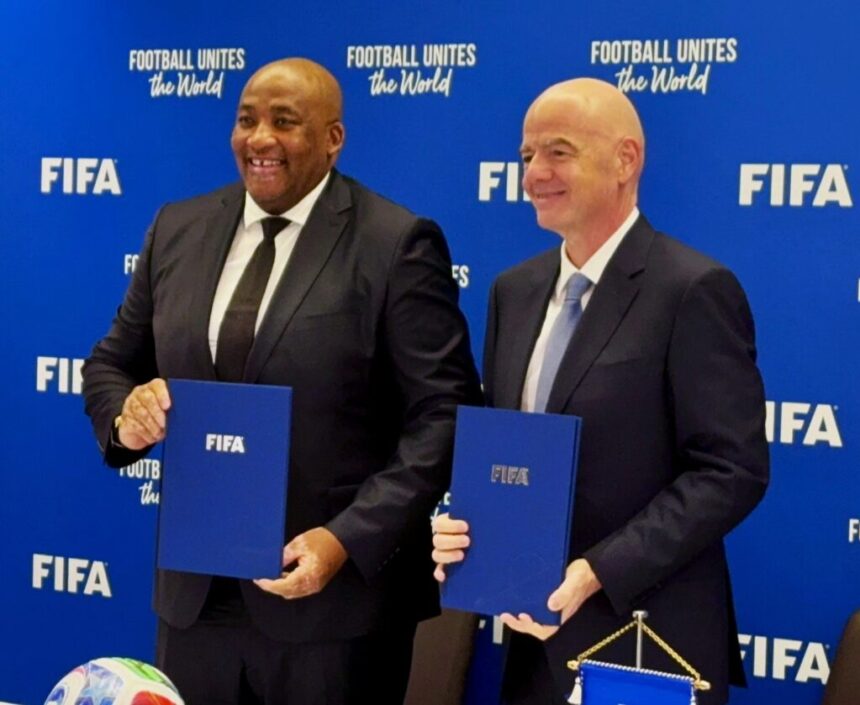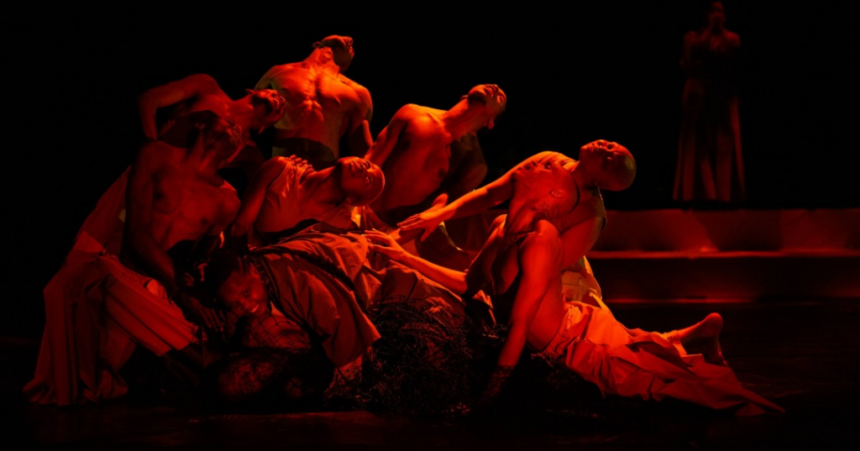The struggle for a free and democratic South Africa is a lengthy and harrowing narrative marked by loss, sacrifice, brutality, and deep-seated wounds.
On March 21st, South Africa commemorates Human Rights Day, but what events led us to this point?
On March 21, 1960, the apartheid police opened fire on 69 protesters opposing pass laws, resulting in the deaths of these individuals and injuries to over 180 others. This tragic event is known as the Sharpeville Massacre, which represented more than just the senseless killing of unarmed individuals—many of whom were shot in the back while fleeing for their lives. The shocking nature of the Sharpeville incident became a pivotal moment in South Africa’s quest for freedom, igniting a wave of artistic expression fueled by moral outrage.
While artists, musicians, and writers had varying opinions on the appropriate course of action, the impact of the Sharpeville massacre was profound and enduring on their lives and careers. Notable musicians like Miriam Makeba, Hugh Masekela, were compelled to seek exile.
In this article, we explore various musicians and their songs that utilise music as a medium to convey the horrors of apartheid in South Africa.
I feel compelled to begin with a hip-hop track, despite its current lack of popularity, as hip-hop encompasses a wide range of expressions. I recall during my research for a historical studies paper in 2021, I focused on the impact of hip-hop on society. One particular song that frequently emerged in my findings was “Neva Again” by Prophets Da City. This track was released in 1995, just a year after South Africa elected its first Black President, Nelson Rholihlahla Mandela, in 1994.
Lucky Dube, may his soul find eternal peace, was not only a South African legend but also a global figure. His tracks such as “Slave,” “Together As One,” and “House of Exile” encapsulated the spirit of the struggle against apartheid, advocating for unity, equality, and justice. Dube’s exceptional songwriting and steadfast commitment to the anti-apartheid cause garnered him both respect and opposition.
Miriam Makeba, affectionately known as Mama Afrika, was a prominent figure in South Africa’s cultural and political landscape. She was born in Johannesburg and passed away in 2008. As a singer, songwriter, actress, and civil rights activist, she made significant contributions to various musical styles, including Afropop, jazz, and world music. Makeba was a passionate advocate against apartheid and the oppressive white-minority regime in South Africa.
Hugh Masekela, a legendary figure in jazz, was unreserved in his criticism of the injustices endured by Black individuals in South Africa during the oppressive apartheid regime. Affectionately referred to as Bra Hugh, he departed from apartheid South Africa in 1960 following the tragic massacre of unarmed Black demonstrators by police in Sharpeville. His 1987 composition, “Bring Him Back Home,” emerged as a powerful anthem for the global movement advocating for Nelson Mandela’s release from incarceration.
Brenda Fassie’s song “Black President” was composed in honor of Nelson Mandela, who, along with his fellow activists, was imprisoned by the apartheid regime in South Africa.












